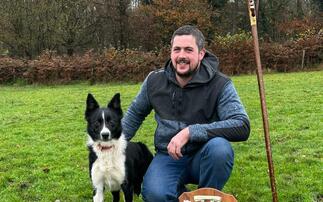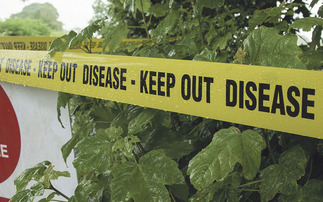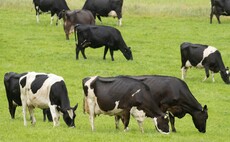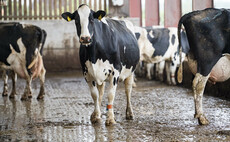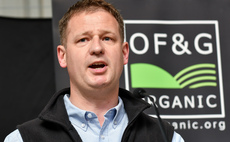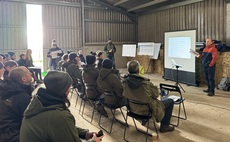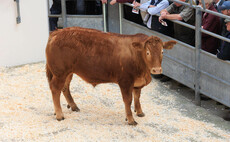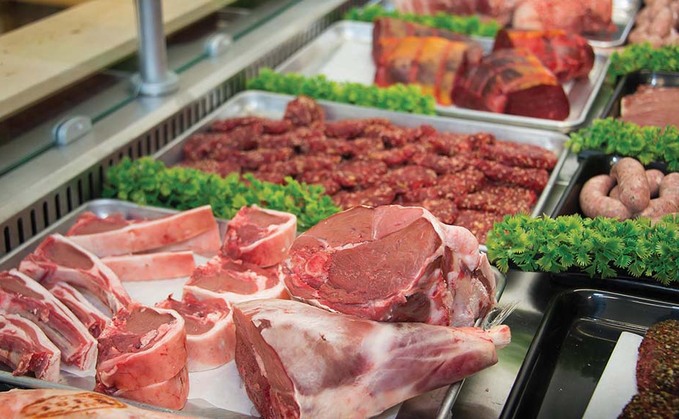
Prime Minister Rishi Sunak's plans to show he is behind British farmers and ‘save' the British people from a tax on red meat have caused a stir - and probably not the stir that he intended.
As part of a speech which relaxed the timetable for delivering key pledges on phasing out petrol and diesel cars and oil boilers, he announced he would scrap Government measures such as a meat tax which was never actually a policy in the first place.
See also: ��ż��� will not watch others 'sit back after Conservatives' net zero U-turn
A levy on red meat was touted more than a decade ago and gained some traction when net zero targets were being hammered out around the time of COP26 in Glasgow in 2021.
However, let's be clear - it has never been a policy. To say he is supporting ‘hard working British farmers' by saying his Government ‘would never impose a meat tax' is like me saying I've cancelled my plans to give up eating steak.
While his motives are obvious, it comes across as a little disingenuous.
The timing of the plans to row back on the green agenda also seems plucky with COP28 just around the corner but perhaps unsurprising given the cost pressures families and businesses are facing.
The PM is well aware of the cost implications these arbitrary measures pose and the fact some of them are simply unrealistic.
See also: Minister dismisses Welsh call to restore organic farming
He will also have seen the backlash against London Labour Mayor Sadiq Khan's introduction of the Ultra Low Emission Zone in and around the capital, and be acutely aware of what matters to voters on the doorstep.
While boosting the environment, cleaning up the air and generally caring for and protecting the planet should of course be a key goal for any society and its government, when green targets risk penalising people and businesses by being punitive there is a problem.
See also: Letters, opinions and blogs from ��ż���
While it is not clear if there will be any dilution of environmental targets concerning agriculture, it is notable the plans were announced in the same week the Sustainable Farming Incentive went live.
The industry has long fought to be seen as a solution to climate change, rather than part of the problem and has already made great strides in ‘greening up' its processes and output.
Bringing in these measures can in many cases improve business resilience and in some cases be vital to secure contracts with suppliers, but they come with a cost attached.
If the Government really wants to bring a sense of realism into the net zero debate, it must think very carefully about how it can support agriculture in both the short and long term.
While the farming industry can deliver a huge amount of the Government's environmental ambitions, like all business, it will need to see coherent vision and leadership to have the confidence to invest.









